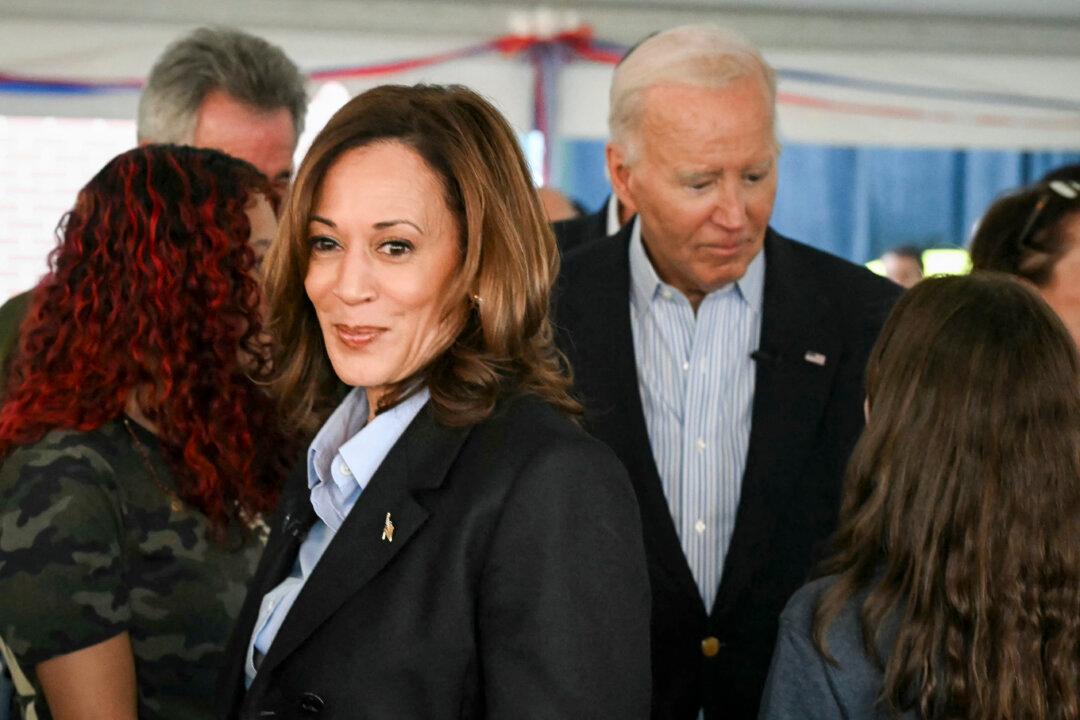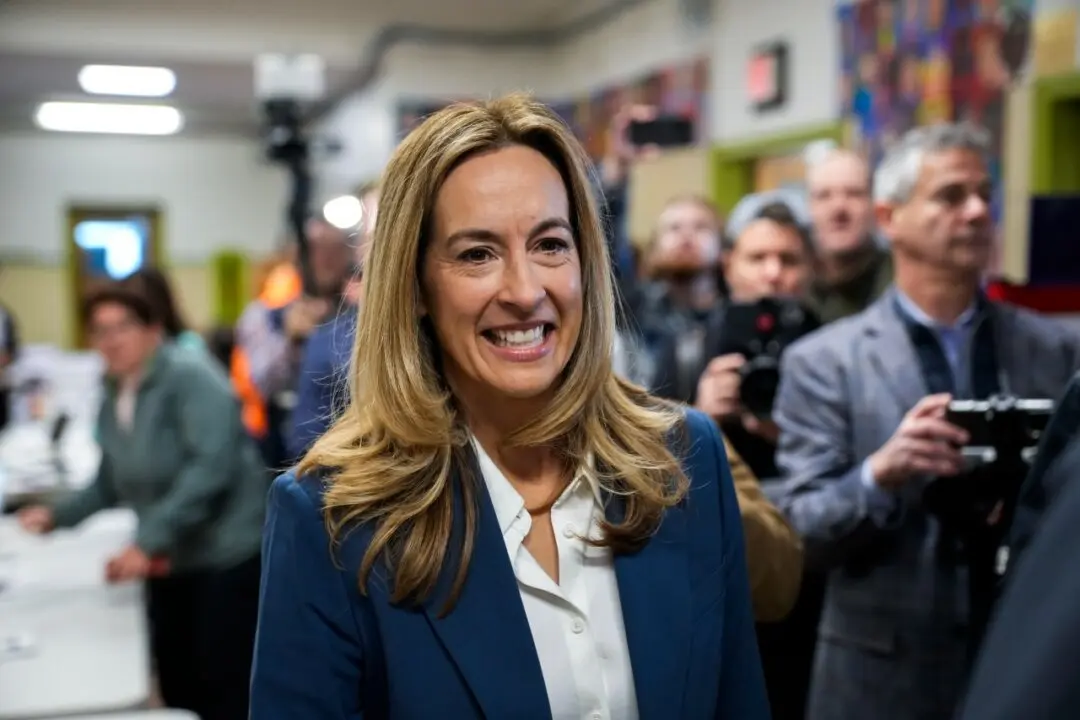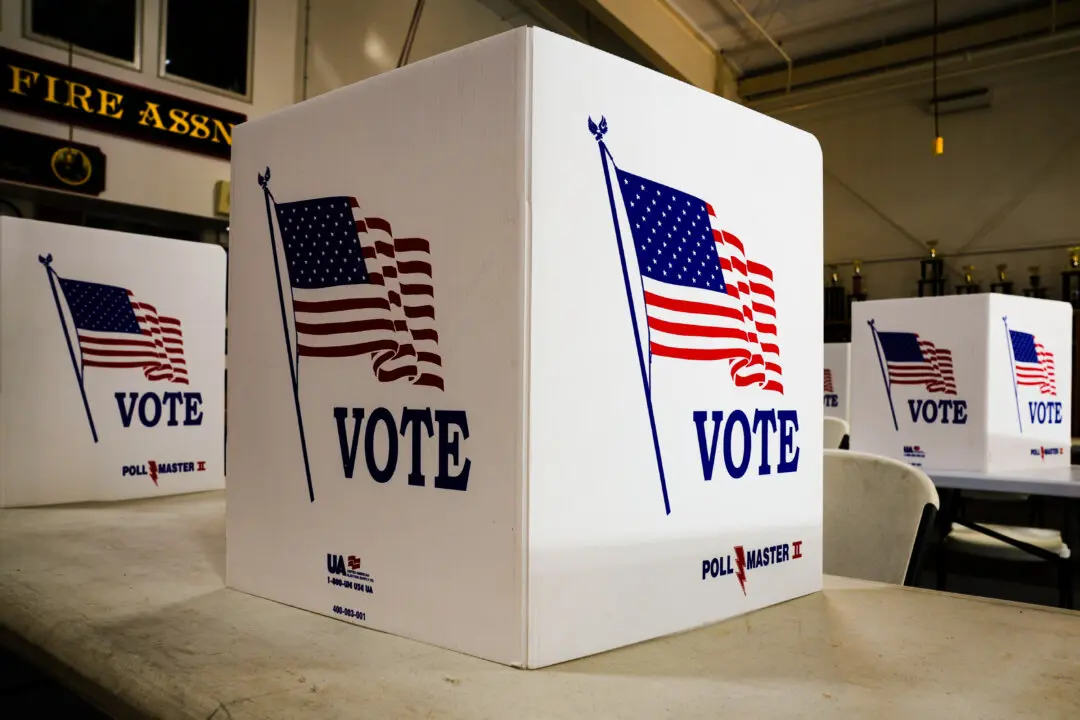WASHINGTON—Vice President Kamala Harris on Sept. 4 proposed a new tax rate on capital gains at 28 percent, which is higher than the existing level but lower than President Joe Biden’s 2025 budget proposal that she previously endorsed.
Harris’s plan is a departure from Biden’s budget proposal, which would raise the capital gains tax on individuals earning more than $1 million to 44.6 percent.






